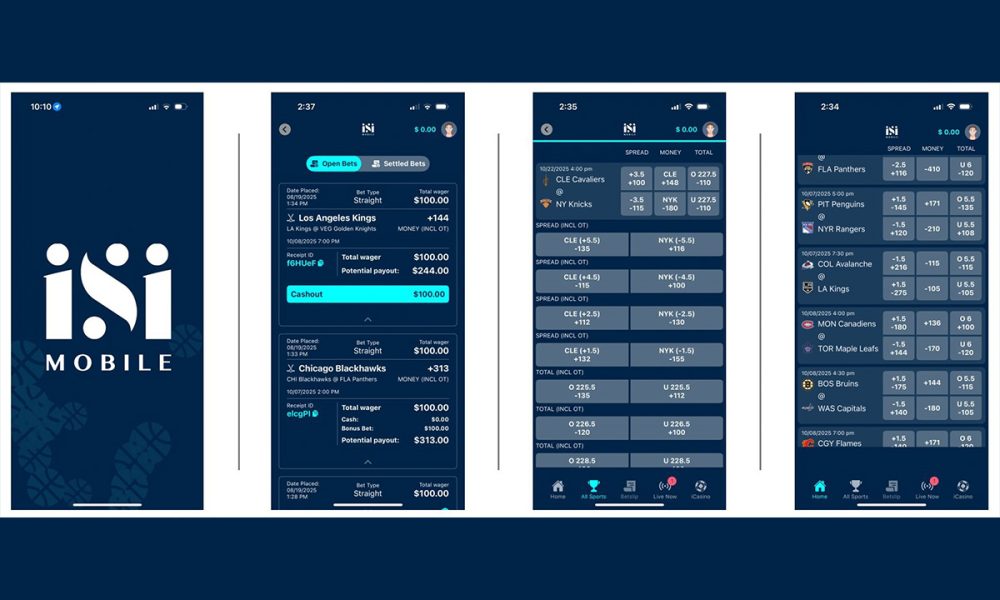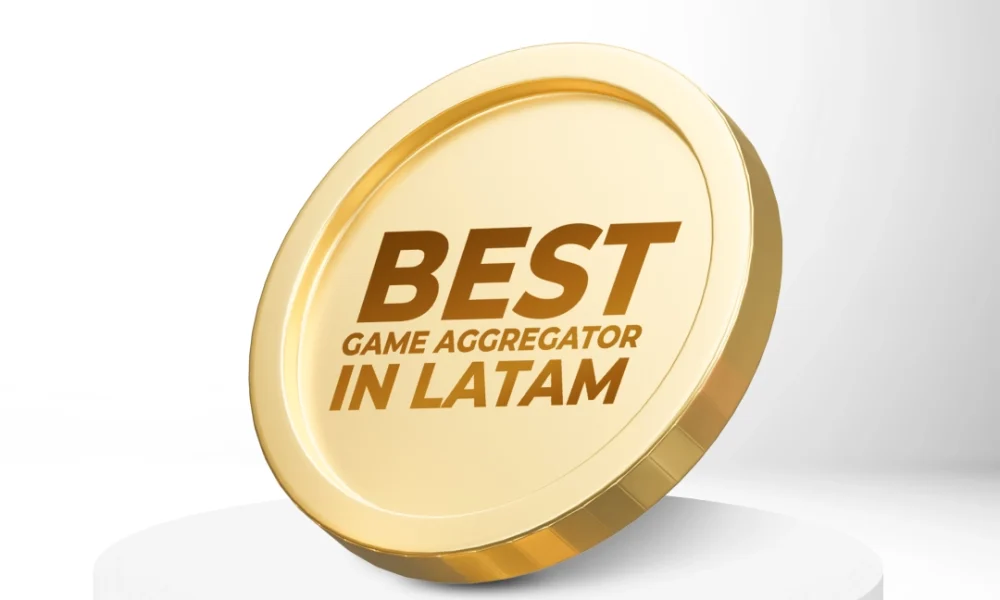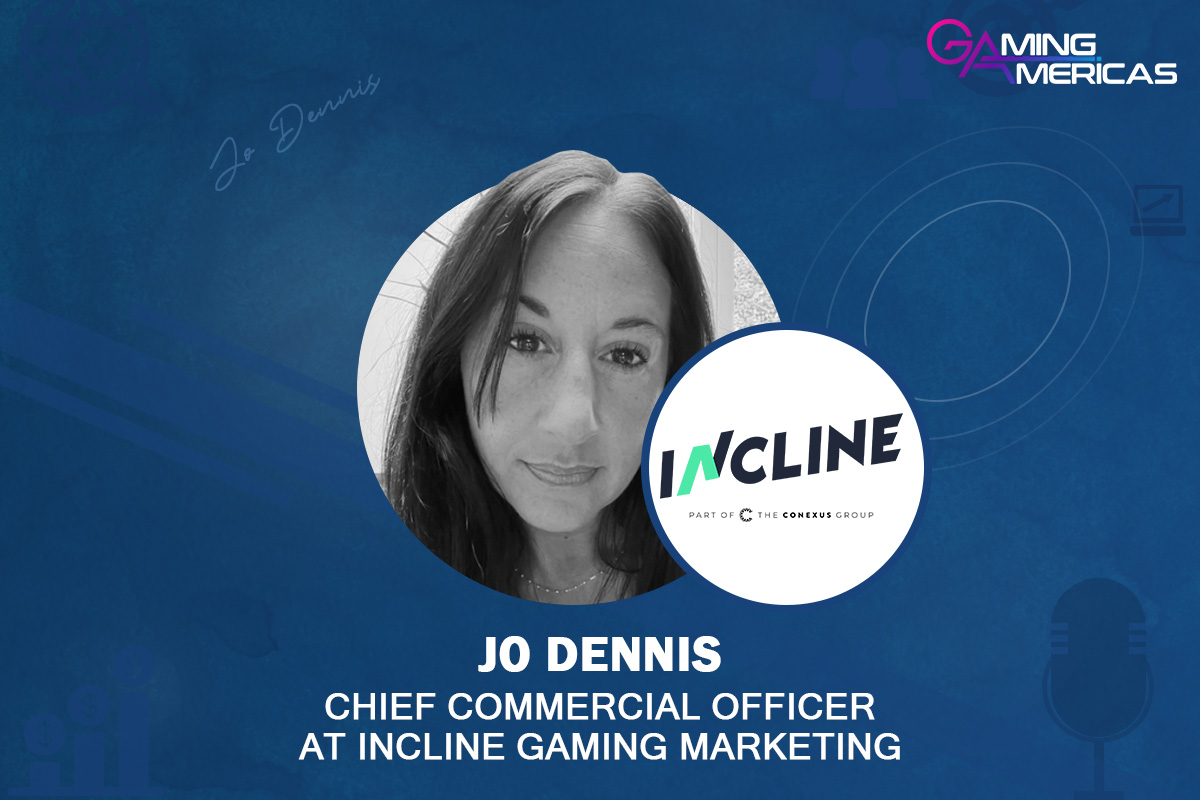iGaming
Classic video games selling for large sums
Everything comes back around in popularity or at least that is what they say. It has happened with vinyl records and now the same is occurring with retro video games. Yes, classic video games have become popular as children of the 1980s and 1990s have grown older and moved into the workforce. But classic games haven’t just become popular to play. People are spending large sums of money on classic games from 20 and 30 years ago and owners who sell the games are making tidy sums. Gamers looking for classic games online can find free casino slot games inspired by retro video games.
Why are classic games popular again?
Classic video games are becoming popular as many older gamers look for a nostalgia factor. Playing games from their childhood brings back memories of yesteryear. Old Nintendo games are a link to the past for many gamers and it is something they don’t want to lose. Nintendo announced in August that it would release a back catalogue of classic games for a new platform. The move will capitalise on the growing number of people looking for older games rather than newer ones. Many older games have inspired online slots which has driven their popularity sky-high.
In addition to personal reasons, today’s mega-blockbuster video games are seen as too violent by many. While video games of the past were an escape from reality, modern games are based – at least loosely – on the problems of the world. From first person shooters to Grand Theft Auto, many older gamers want to play games that don’t reflect reality.
How much are rare video games worth?
A recent study of rare and nostalgic video games from the last 30 years has found a number of old games selling for large sums of money. According to one source, a copy of Nintendo’s Campus Challenge 1991 sells for around $22,000. Amazingly, the now rare game cost just $30 back in 1991. Gamers who had a copy could cash-in on Campus Challenge if they are able to find it. Other rare games selling for big money include the 1988 Sega Megadrive edition of Tetris and Atari’s Air Raid from 1982.
Ultimate 11 is another that is high on the rare games list. According to reports, only 10 copies exist and each goes for $10,000. Kizuna Encounter had only 15 English versions created and is reportedly worth $13,000. One video game collector paid $55,000 for a copy of both games in 2009.
…And then there’s E.T.
In 1982, Atari rushed E.T. the Extra-Terrestrial video game into the marketplace. Atari gave E.T.’s creator just five and a half weeks to develop the game. The company wanted it out in time for Christmas and to reap the rewards of the holiday season. The rushed game was awful and gamers hated it. It barely sold and Atari had warehouses chocked full of E.T. games it couldn’t sell. Unable to move the games and with Atari becoming obsolete by the mid-1980s, the company buried hundreds of thousands of copies of E.T. and other games in the New Mexico desert. Some have been dug up and rare copies of the game have sold for $1,535 at auction. The excavators of the long-lost cartridges found 900 E.T. games in total. After selling them on eBay, the group made $108,000.
iGaming
Internet Sports International (ISI) Launches ISI Mobile, a Best-in-Class Gaming Software Solution

Global race and sportsbook technology provider Internet Sports International (ISI) has launched ISI Mobile, a best-in-class software solution. The leading solution enables ISI to deliver a complete, customizable white-label online solution that encompasses both sports betting and iGaming, including Class II and Class III games.
“For years, we have carefully and thoughtfully evaluated options for our own proprietary software capable of competing with industry giants. Today, we are proud to offer a platform that provides significant advantages. This enables us to deliver a fully white-labeled, highly competitive, and strategically advantageous solution for our clients in an expedited and compliant fashion. We can also launch our customers faster, at scale and a lot more cost effectively, without all the baggage you have with the old tech in the market today,” said ISI President Bill Stearns.
ISI Mobile is a scalable and modular solution that has several key features that distinguish it from other solutions and makes it an attractive choice for operators, including:
• Fully white-label solution
• End-to-end mobile-optimized design
• Purpose-built native promotional engine
• Customized cashier
• Lightning-fast performance with high throughput capacity
• Fully Integrated platform
• Next-gen proprietary PAM
• Geofenced with best-in-class partner for on premise, on reservation or statewide gaming
ISI Mobile’s platform is both modular and scalable and enables micro-betting, in-game bets, parlays, and more. Additionally, its in-house player account management (PAM) system has a CRM promotional engine that can integrate seamlessly with any existing CRM the property may be using. The platform also allows operators to keep their own data and to protect their own player relationships.
“Our next-gen tech is a white label platform for sports betting and iGaming, which means casinos can deliver the incredible experiences they want to deliver for their players, all branded to the casino, and with a PAM that is fully integrated to the property’s existing CRM,” Stearns said.
The post Internet Sports International (ISI) Launches ISI Mobile, a Best-in-Class Gaming Software Solution appeared first on Gaming and Gambling Industry in the Americas.
Awards
SOFTSWISS Wins Best Game Aggregator Award in Latin America

SOFTSWISS wins the CGS Recife Awards 2025 for its flagship Game Aggregator, confirming its industry leadership as the largest content hub in iGaming, operating with 99.999% uptime across 24 regulated jurisdictions. Recognition in Latin America, where SOFTSWISS has achieved full product certification, further proves the product’s global dominance and commitment to delivering trusted solutions across key regulated markets.
The award recognises the best game aggregation platform in the Latin American iGaming market, celebrating leadership, innovation, and operational excellence. This recognition is especially important as it comes from Brazil, where all SOFTSWISS products have recently been certified, led by the Game Aggregator. It is the 7th international award for the Game Aggregator, highlighting the product’s dedication to delivering unmatched scale and stability.
The Game Aggregator is recognised as the industry leader because of measurable advantages that no other platform can match. Operating in 24 jurisdictions, the solution provides direct access to 35,000+ active playing games from 300+ providers with new releases appearing immediately in operators’ portfolios enabled by streamlined integrations.
Engagement features deliver proven growth. Its Tournament Tool increases average daily bets by 22% across the player base. Players who join tournaments place twice as many bets and wager 3 times more than others. Jackpot Aggregator campaigns on the Game Aggregator drive a 50% increase in turnover per user, making engagement mechanics a direct source of revenue.
The platform’s infrastructure is designed for continuous, fail-safe operation. Uptime reaches 99.999–100%, guaranteed by strict SLAs and backed with proactive system notifications. The system processes 7,000 requests and up to 100,000 database queries per second, with 99% of responses returned in under 100 milliseconds. This ensures operators never lose a session, a bet, or their players’ trust.
Beyond scale and engagement, the platform offers features that raise industry standards: AI-driven localisation for any market, deep analytics through the Ultimate Report Builder, and customisable game metadata for client-facing flexibility.
“We are honoured to receive the Best Game Aggregator Platform award at CGS Recife. This recognition shows the value of our commitment: a constantly growing game portfolio, wide market coverage, and unwavering platform reliability. For almost ten years, our team has been building a platform that not only delivers scale and stability but also drives measurable results,” added Tatyana Kaminskaya, Head of SOFTSWISS Game Aggregator.
The SOFTSWISS team will be available at SBC Lisbon 2025, Stand B160, to discuss the possibilities of the Game Aggregator.
About SOFTSWISS
SOFTSWISS is an international technology company with over 15 years of experience in developing innovative solutions for the iGaming industry. SOFTSWISS holds a number of gaming licences and provides comprehensive software for managing iGaming projects. The company’s product portfolio includes the Online Casino Platform, the Game Aggregator with over 35,000 casino games, the Affilka Affiliate Platform, the Sportsbook Software and the Jackpot Aggregator. In 2013, SOFTSWISS revolutionised the industry by introducing the world’s first Bitcoin-optimised online casino solution. The expert team, based in Malta, Poland, and Georgia, counts over 2,000 employees.
The post SOFTSWISS Wins Best Game Aggregator Award in Latin America appeared first on Gaming and Gambling Industry in the Americas.
bespoke solutions
The White Label Dilemma: Finding the Right Balance for Your iGaming Business

It’s not just black and white label
Yoni Sidi, CEO at Wiztech, says white labels are all about striking the balance between pros and cons, but for some, it’s impossible to achieve and that’s why it’s important to consider other options.
For most operators, a white label solution seems to offer the best route to market. But is that actually the case?
I’ve been working in the industry for more than two decades now, and over that time, I’ve worked on both sides of the fence – so on the white label operator side and on the white label provider side. This gives me a deep understanding of the pros and cons of white label solutions, and this understanding ultimately led me to launch Wiztech. To answer your question more directly, white labels are always about striking the balance between the pros and cons they present – for some operators, a balance can be found, but for others, it can’t. Ultimately, it comes down to knowing what you want from your platform or technology stack, and whether a white label can meet those requirements with the budget and resources you have available to you.
So, what are the pros and cons of a white label platform?
There are plenty of upsides to white labels, and that’s why they’re used by so many operators. The main advantages are speed to market and cost effectiveness – you can literally go from first discussions to your online casino being live in a matter of weeks. The upfront fees are relatively small, and, in most cases, you pay a revenue share back to the platform provider. This can tighten margins a little, but it means you don’t have to have a large capital reserve to get going. Another benefit is that you can take on as much or as little of the operation as you like – for some, they will let the platform provider take care of the operational aspect while they focus solely on marketing and customer acquisition. Other upsides include licensing, with the white label partner securing and being responsible for the licences they hold.
Drawbacks. The biggest for me is the lack of differentiation you get with a white label. The many brands that run on the platform often look very much the same, just with different logos and branding. After a few months of operating your online casino, you’ll likely notice friction points that you’ll want to address, but the rigid nature of white-label platforms means it’s incredibly difficult to smooth out even the smallest of bumps in the road. It’s also incredibly difficult to roll out unique features and functionality as the development team is usually working through a backlog of requests – most of which are for the friction bumps that need ironing out. Factor in the frequent regulatory changes that happen, and the need for the development team to respond to them, and it’s easy to see how hard it can be to improve the experience being offered to players.
How can operators strike a balance between the pros and cons of white labels?
It comes down to understanding the capabilities of the platform provider and whether they offer customisation and localisation. If they don’t, the operator needs to determine if this is a price they’re willing to pay in exchange for the speed to market and cost effectiveness that white labels provide. Of course, some white label providers do offer support and are happy to help when it comes to developing and deploying bespoke features and functionality. But in my experience, most don’t have the capacity for this, even if they say they do. For me, the balance is found by accepting the limitations of white labels and working within the (often pretty rigid framework) they provide. There are plenty of examples of operators that have done this and have gone on to run very successful brands in highly competitive markets.
Is there an alternative to white labels?
The most obvious alternative is to develop a proprietary technology stack, but this approach comes with just as many, if not more, pitfalls. Building a platform from the ground up is incredibly expensive and tremendously risky, and this is why so few operators outside of the industry power players have been able to pull it off. And even those that do often encounter issues such as ongoing maintenance, tech debt, staffing and compliance. But there is a middle ground between white label and proprietary, and it can be found with smaller platform providers whose technologies offer the agility, flexibility and adaptability required for operators to launch highly customised, almost bespoke, online casinos and sportsbooks.
How does Wiztech fit into the platform mix, and how do you support your partners in achieving their goals in often highly competitive markets?
At Wiztech, we champion modular tech and the likes of AI and automation. By embracing these, we have been able to build powerful yet highly customisable casino and sportsbook solutions that are also fully compliant in tightly regulated markets. In our experience, being able to quickly respond to regulatory changes provides a competitive advantage to our customers. In Mexico, for example, our client Winpot has been able to deliver a unique player experience while always ensuring compliance. And this is against a backdrop where regulatory changes often come with very little notice. Our technology can adapt quickly while Winpot continues to capitalise on the growing demand for entertaining online casino products and experiences.
But just as important as our technology is our approach to our partners. This sees us undertake a comprehensive onboarding process where we spend a lot of time understanding the client’s “why” before we map out the “what” and the “how”. This has proved to be incredibly effective and ensures that our clients can get the most out of the flexibility of our platform and the high levels of customisation and personalisation it provides.
The post The White Label Dilemma: Finding the Right Balance for Your iGaming Business appeared first on Gaming and Gambling Industry in the Americas.
-

 gaming3 years ago
gaming3 years agoODIN by 4Players: Immersive, state-of-the-art in-game audio launches into the next generation of gaming
-
EEG iGaming Directory9 years ago
iSoftBet continues to grow with new release Forest Mania
-
News8 years ago
Softbroke collaborates with Asia Live Tech for the expansion of the service line in the igaming market
-
News7 years ago
Super Bowl LIII: NFL Fans Can Bet on the #1 Sportsbook Review Site Betting-Super-Bowl.com, Providing Free Unbiased and Trusted News, Picks and Predictions
-
iGaming Industry8 years ago
Rick Meitzler appointed to the Indian Gaming Magazine Advisory Board for 2018
-
News7 years ago
REVEALED: Top eSports players set to earn $3.2 million in 2019
-
iGaming Industry8 years ago
French Senator raises Loot Boxes to France’s Gambling Regulator
-
News7 years ago
Exclusive Interview with Miklos Handa (Founder of the email marketing solutions, “MailMike.net”), speaker at Vienna International Gaming Expo 2018







